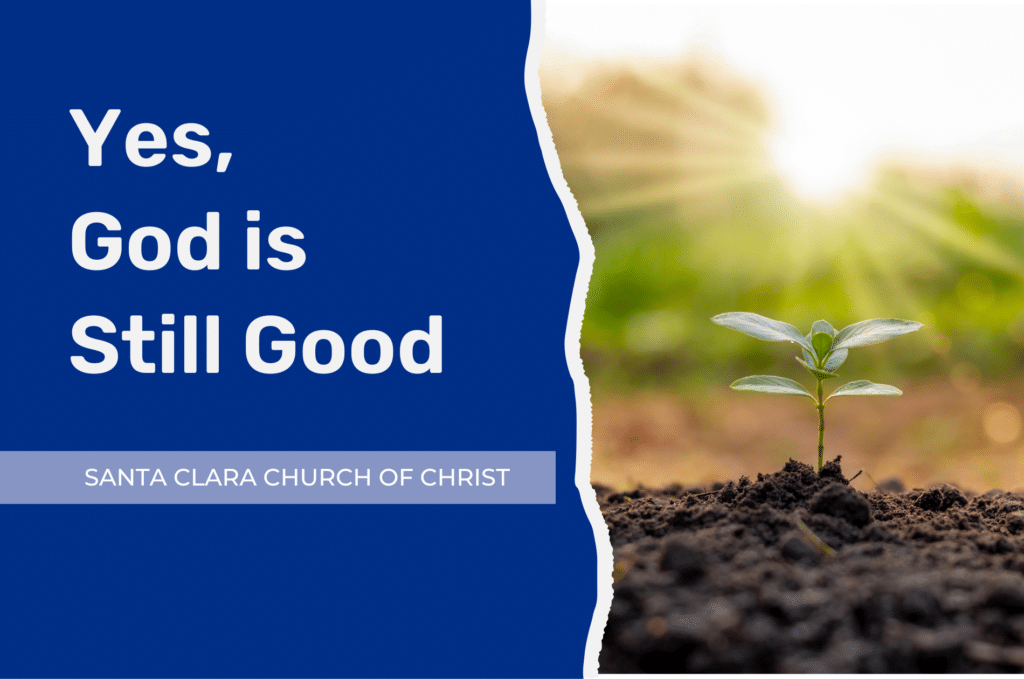It is difficult for modern Christians to fully grasp the cultural divide that separated Jews from Gentiles in the first-century Roman Empire.
Yet when members of both groups answered the gospel call and began worshiping together in the same church, the profound differences in outlook, perspective, and culture impacted their deeply held personal convictions as believers in Christ.
This is background of Romans 14 and 15, when the apostle Paul urges unity as opposed to quarrelling “over opinions” (14:1).
Can those of such strong differences in conviction “live in harmony with one another, in accord with Jesus Christ” (15:5)?
Can they “with one voice glorify the God and Father of our Lord Jesus Christ” together without destroying “the work of God” in bringing them together (14:20; 15:6)?
Unity in Diversity in the Church
Is it possible to “welcome one another” just as Christ welcomed them, “for the glory of God” (15:7)?
It has occurred to me that we have a similar situation brewing today among God’s people. Never in my lifetime have I witness such pronounced sub-cultural differences fragmenting Americans, and these differences have spilled over into the church.
They are especially noticeable at an emotionally charged time of heightened tensions. Combine a pandemic, societal lockdowns, racial demonstrations, and a divisive presidential election, and you have a recipe for the abandonment of civil discourse, let alone anything that resembles neighborly respect and love for those who hold very different personal views.
These are some of the factors contributing to the sub-cultural differences in the United States:
- Regional differences (the two coasts vs. the Bible Belt, red state vs. blue state, etc.)
- Urban vs. rural
- Ethnic differences (upbringing, culture, native language, etc.)
- News consumption differences (mainstream media vs. alternative media)
- Political leanings (Democrat vs. Republican, socialist-Marxist vs. free market capitalist)
- Social-moral differences (revolutionary vs. traditionalist)
- Views of the American legacy (mostly good vs. mostly bad)
Obviously, those who experience life on different sides of these fences are going to form different yet strongly held opinions. Take the response to Covid-19 as a case in point:
- More lockdowns required – yes or no?
- Masks or no masks?
- Mass vaccinations – good or bad?
- The degree of danger Covid-19 now poses for most of the population – high alert, partially risky, or relatively low risk for healthy individuals?
- Quarantine for all or quarantine only for high-risk individuals?
- Continued government-imposed Covid-19 regulations – too intrusive of individual liberties or necessary for public safety?
Is it any wonder that a return to “normalization” of church life is fraught with strong differences of personal conviction?
How to Find Unity in Diversity
In my view, given the sub-culture differences that exist in this country, American Christians are bound to have strongly held differences in how to proceed.
Is a return to conducting “normal” church assemblies absolutely essential to our obedience to Christ, desirable but with suggested precautionary guidelines that are not mandated, desirable but with major security precautions imposed on all, or just too dangerous right now?
Believers are strongly divided on these questions, and it seems to me that this is parallel in many respects to the thorny problem that Paul develops in Romans, chapter 14. If so, then allow me to make the following suggestions.
- Be careful not to bind your personal views on others who have a different conviction. “Each one should be fully convinced in his own mind” (14:5); “Therefore let us not pass judgment on one another any longer, but rather decide never to put a stumbling block or hindrance in the way of a brother” (14:13).
- Pursue “peace” and “mutual upbuilding” (14:19). Watch your attitude, so that you do not contribute divisive words or actions. Be an encourager.
- Do not “despise” your brother or sister in Christ (14:10). “We will all stand before the judgment seat of God” (14:10), and “each of us will give an account of himself to God” (14:12).
- Live in harmony with one another (15:5-7). Remember the great Savior that unites us, and the great cause that we serve. What unites us is much bigger than the minor issues that divide us.
- Realize that “knowledge puffs up, but love builds up” (1 Cor. 8:1). Even if your conviction is based on better data, it is more desirable to be humble rather than haughty or arrogant toward those who hold a different view. Keep the bigger picture in view at all times. Be faithful at all costs. Love God, and love your brothers and sisters in the Lord.



